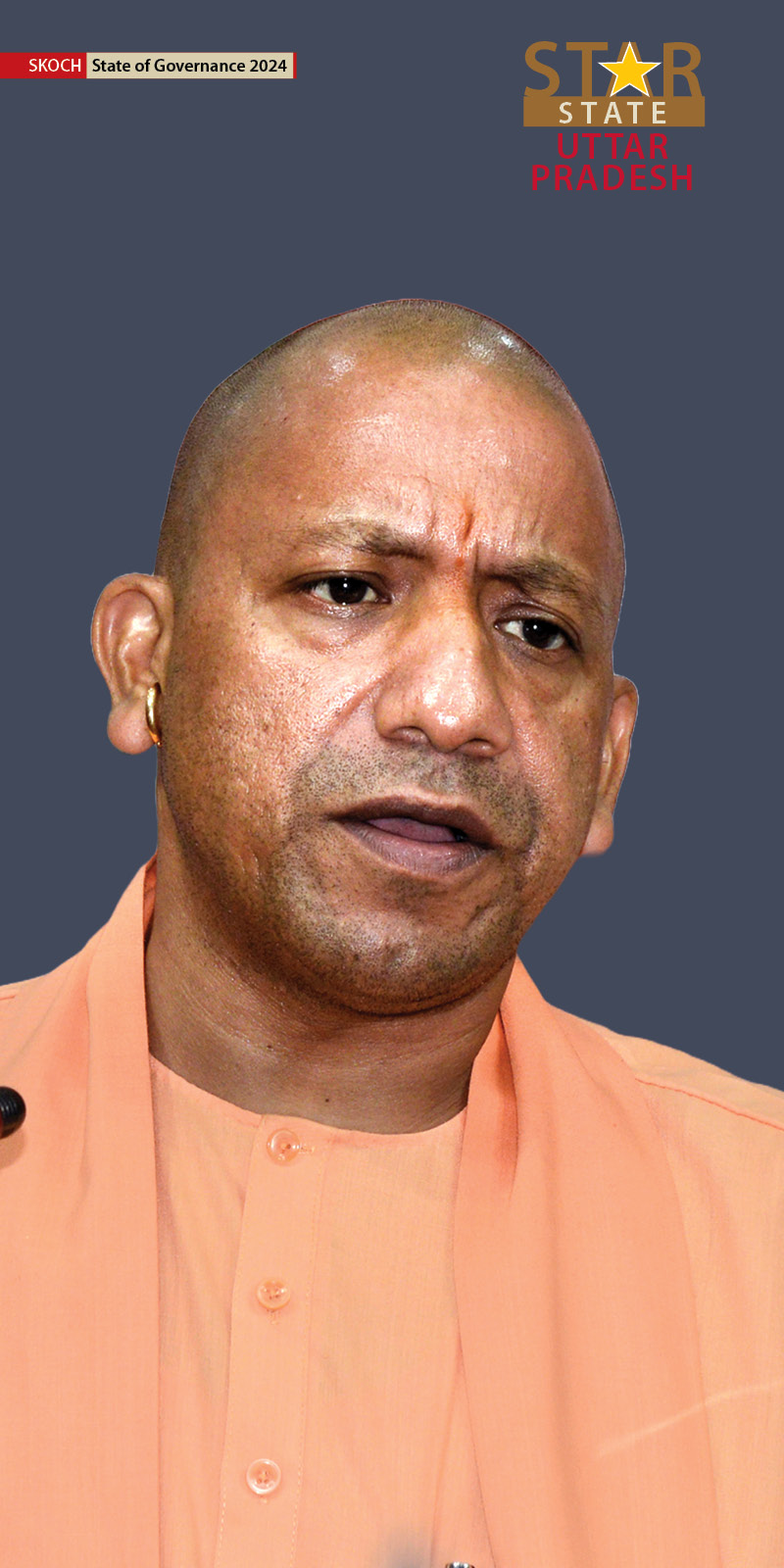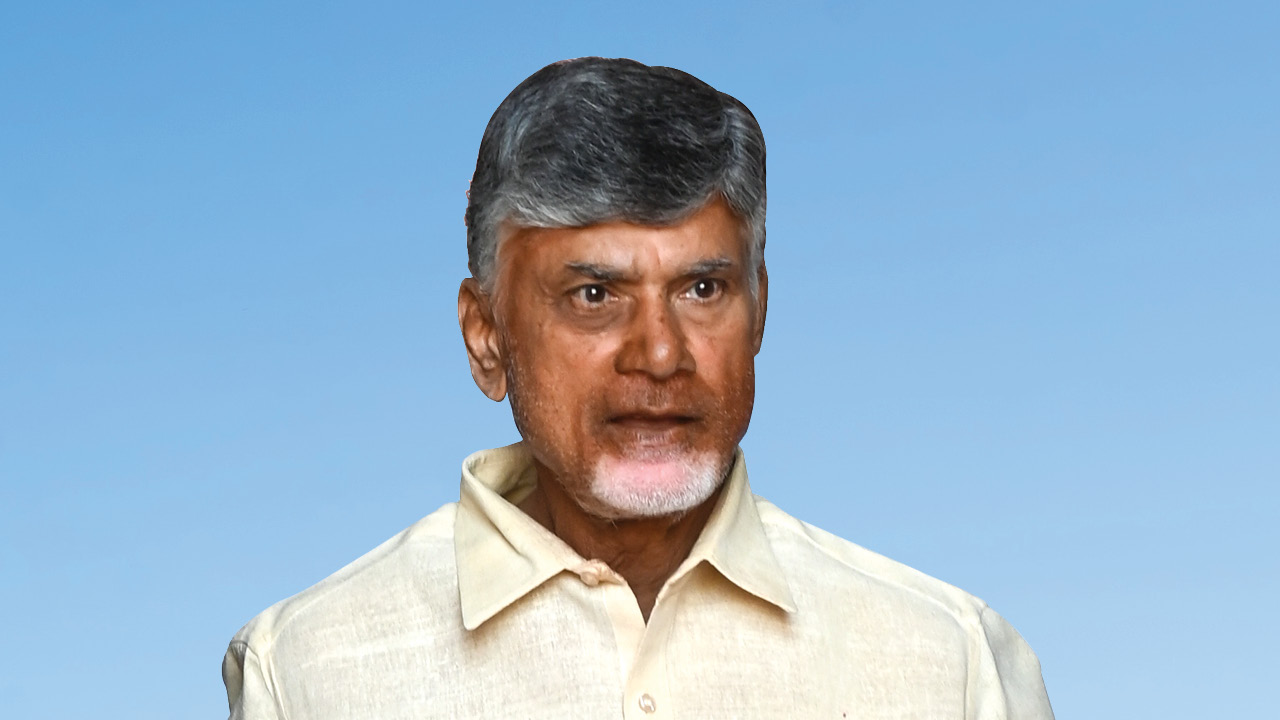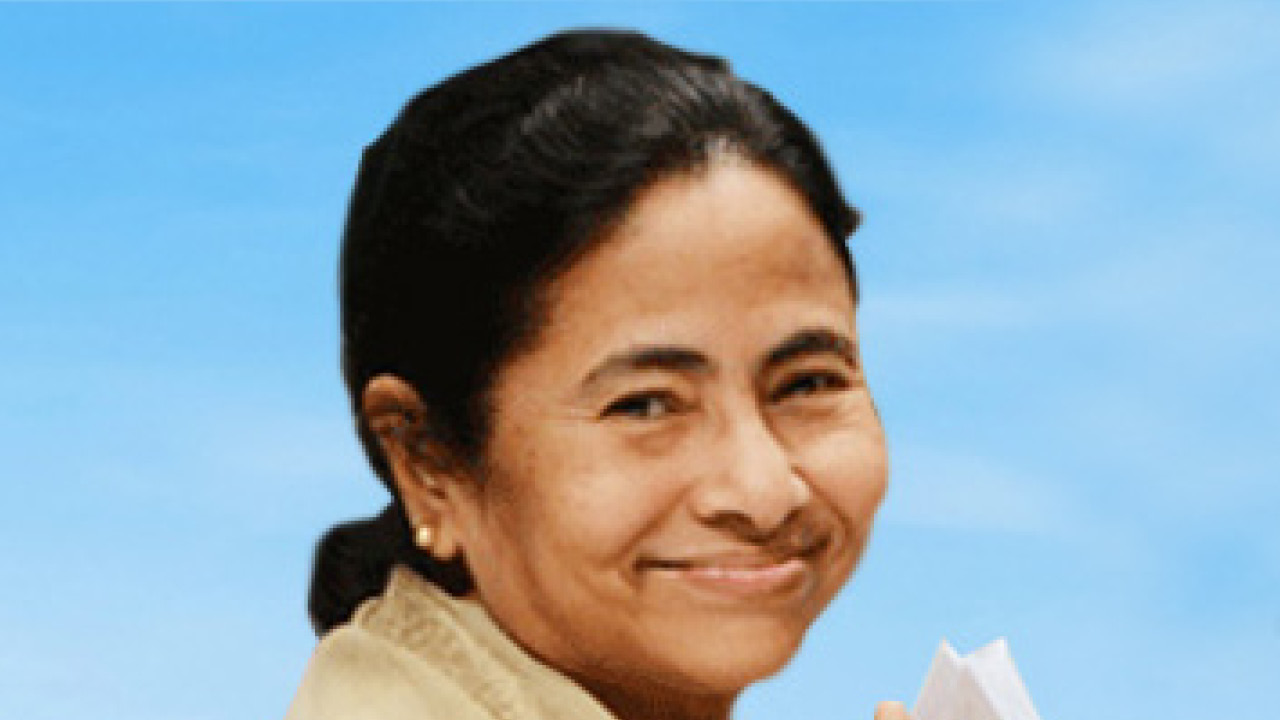Uttar Pradesh is ranked #4 nationally in the State of Governance Report 2024. With 21 well-performing projects, including four highly impactful and eight impactful initiatives, the state has demonstrated consistent governance excellence across multiple sectors.
As can be observed, Uttar Pradesh’s governance performance has seen notable fluctuations, reaching #2 in 2023 before settling at #4 in 2024. The state made a significant leap from #10 in 2022, reflecting strong governance reforms. Compared to 2019 (#11) and 2018 (#12), sustained improvements highlight its policy-driven resilience.
Uttar Pradesh has demonstrated steady progress in governance rankings, particularly in Urban Development, where it improved from #3 in 2023 to #2 in 2024, reflecting enhanced city planning and infrastructure growth.
The state has also maintained consistent ranks in Infrastructure (#2) and Transport (#6), ensuring continued investment in connectivity and urban expansion. These rankings highlight Uttar Pradesh’s focus on sustainable urban development and transport efficiency.
The State has demonstrated a significant governance resurgence, making a comeback in Police & Safety (#2), Social Justice & Security (#3) and Municipal Governance (#10), reflecting targeted reforms. Simultaneously, first-time participation in key sectors led to top rankings in Water, Culture, Revenue and Sports & Youth, while Horticulture secured an impressive #3 position nationally, highlighting the state’s sectoral diversification.
The state has strategically enhanced its governance focus across multiple sectors, as can be seen in Figure 1, with Police & Safety witnessing the most significant improvement, increasing to 19.0% in 2024. Water, Social Justice & Security and Horticulture have also seen strong prioritisation, each contributing 9.5% to governance initiatives. Infrastructure, which held 5.9% in 2022, declined to 3.0% in 2023 but stabilised at 4.8% in 2024, reflecting sustained investment in connectivity. Sports, Revenue, Culture and Municipal Governance also gained focus at 4.8% each, emphasising balanced development across public welfare, economic growth and urban management. This data highlights Uttar Pradesh’s strategic allocation of resources, reinforcing its commitment to sectoral expansion and governance efficiency.
The state’s governance model is reinforced by high-impact projects, including the Jal Jeevan Mission, AI-driven tax administration and micro-irrigation programmes, which have significantly enhanced service delivery, digital governance and agricultural sustainability. The Shri Kashi Vishwanath Dham Corridor and Ayodhya Ramotsav 2024 have further positioned Uttar Pradesh as a cultural and religious tourism hub, contributing to its economic and heritage-driven growth.
To claim the top position in 2025, Uttar Pradesh must expand its high-impact governance interventions, accelerate infrastructure development and deepen district-level participation. By leveraging technology, sustainable policies and financial discipline, the state can further strengthen its governance leadership while ensuring inclusive and resilient growth.
State's Performance in Different Sectors in Three Years
| Sector | 2024 | 2023 | 2022 |
|---|---|---|---|
| Water | 1 | ||
| Culture | 1 | ||
| Revenue | 1 | ||
| Sports & Youth | 1 | ||
| Infrastructure | 2 | 2 | 2 |
| Police & Safety | 2 | 5 | |
| Urban Development | 2 | 3 | 3 |
| Social Justice & Social Security | 3 | ||
| Horticulture | 3 | ||
| District Administration | 5 | 1 | 5 |
| Transport | 6 | 6 | |
| Municipal Governance | 10 |
Modern Mahila Washrooms at UP Police Stations
The Modern Mahila Washrooms Project was launched to address the lack of proper sanitation facilities for female police personnel in Uttar Pradesh. The initiative, driven with the aim to ensure privacy, dignity and hygiene for over 50,000 female officers, saw the construction of 1,190 washrooms across police stations, including rural areas, in the state. The project was undertaken by UP Police Avas Nigam (UPPAN) to remedy the previous status, where most stations lacked separate facilities for female staff, precipitating into health risks and privacy concerns. The planning and execution involved standardising designs, quality of construction as well as proper disposal of waste thereby improving working conditions and increasing female recruitments with the addition of this initiative being a positive step towards gender-sensitive.
Jal Jeevan Mission – Transforming Rural Water Accessibility
The Jal Jeevan Mission (JJM) was launched on 15 August 2019 and aims to provide Functional Household Tap Connections (FHTC) to every rural household under the “Har Ghar Jal” initiative. The project has significantly improved public’s access to clean drinking water, through community engagement, infrastructure development and governance strengthening endeavours. The coverage of FHTC increased from 12,000 to 70,020 households, benefitting 2.5 lakh rural residents, especially with reduction of waterborne diseases. The initiative has been structured to involve local community in the form of village water committees (VWSCs) responsible for maintenance thereby ensuring long-term stability in water supply, driving better health, sanitation as well as community empowerment.
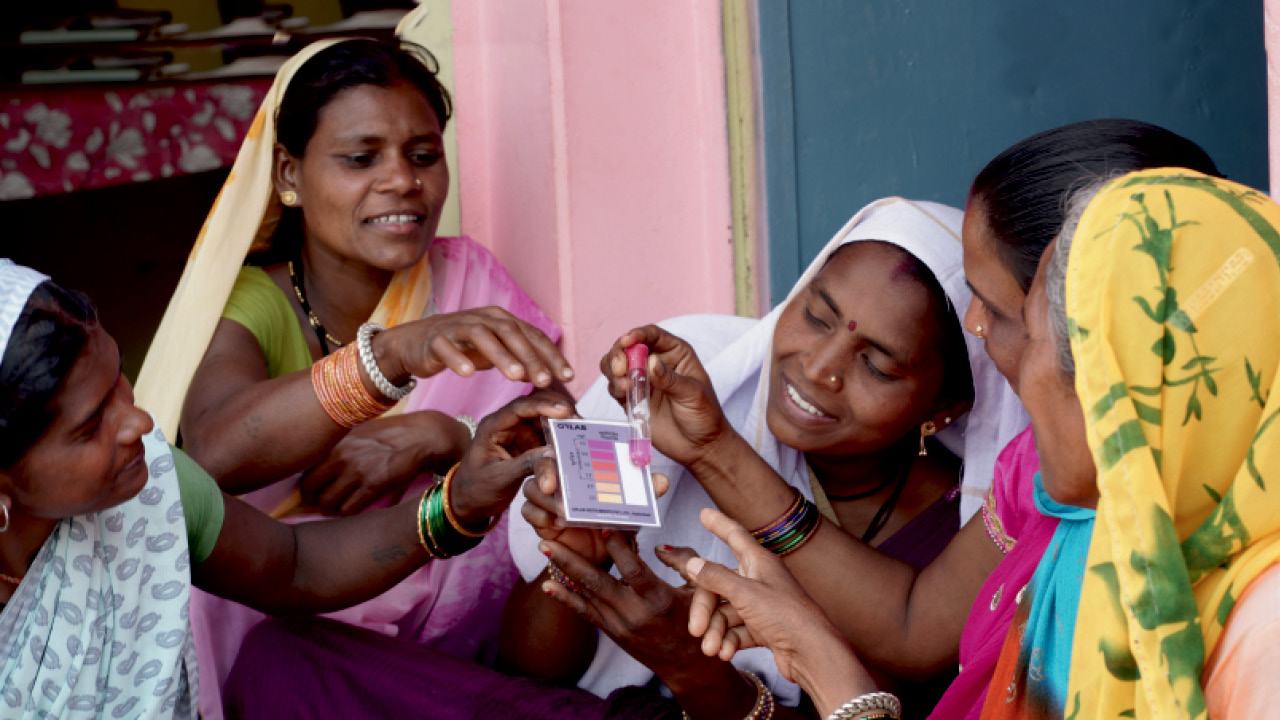
Ayushman Bharat PM-JAY Implementation in Saharanpur
The Ayushman Bharat PM-JAY initiative in Saharanpur successfully generated 5,06,368 Ayushman cards in just 14 weeks, achieving the highest rank nationwide. The initiative is led under Ayushman Bhav Abhiyan, focusing on community mobilisation, local governance through participation and technology-driven execution to ensure maximum beneficiary enrolment. The project did suffer from some Aadhaar and migratory population related challenges, but inter-departmental coordination successfully enabled financial protection and improved healthcare for over 6.6 lakh families.
Online Scholarship Scheme for SC & General Category
An Online Scholarship Scheme aimed to provide transparent and efficient financial aid to SC and General category students via the SAKSHAM portal, launched in 2014. The integration of PFMS, DigiLocker, Aadhaar and NPCI, has enabled direct benefit transfers to awardees, thereby eliminating manual errors and fraud. The benefits have been availed by over 10 million students with timely disbursements of ₹1,286.9 crore, distributed in 2022-23 alone. The coordination and verification process did produce challenges, however, automation and e-KYC integration successfully managed to streamline the process.
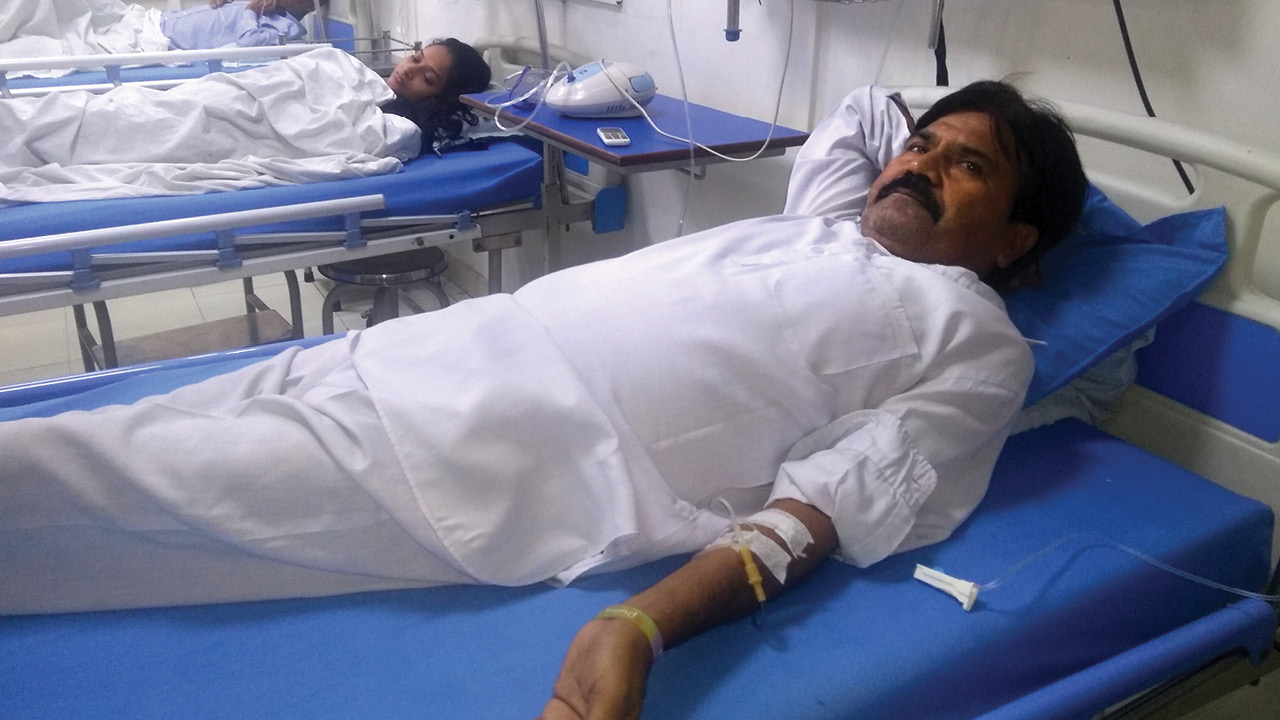
Skill Development and Prisoners’ Rehabilitation
A successful skill development and rehabilitation programme to reform prisoners was implemented in District Jail, Ghaziabad. To achieve this aim, vocational training, education and psychological support was provided through training in pottery, tailoring, food processing, computing skills as well as an active regimen of yoga and meditation. The programme has positively transformed lives of 750 prisoners, reducing recidivism and enhancing reintegration. Additionally, NGO collaborations and certified courses have provided post-release employment and entrepreneurship support. Challenges in the form of security concerns and limited involvement of the NGO’s exist, but the possibility of social reintegration and economic independence fosters rehabilitative avenues for the prisoners.
Shri Kashi Vishwanath Dham Corridor Project
The Shri Kashi Vishwanath Dham Corridor Project in Varanasi launched in February 2020 to enhance accessibility, beautify the temple premises and preserve their cultural heritage was completed by December 2021. The project overcame many challenges such as land acquisition, heritage preservation and COVID-19 disruptions to provide improved accessibility to millions of pilgrims along with boosting tourism and the local economy. The project’s success can be credited to Innovative construction methods, night-time work and community engagement, reflecting a means of involved and sustainable development that focuses on producing a symbiotic functioning between heritage and urban infrastructure.
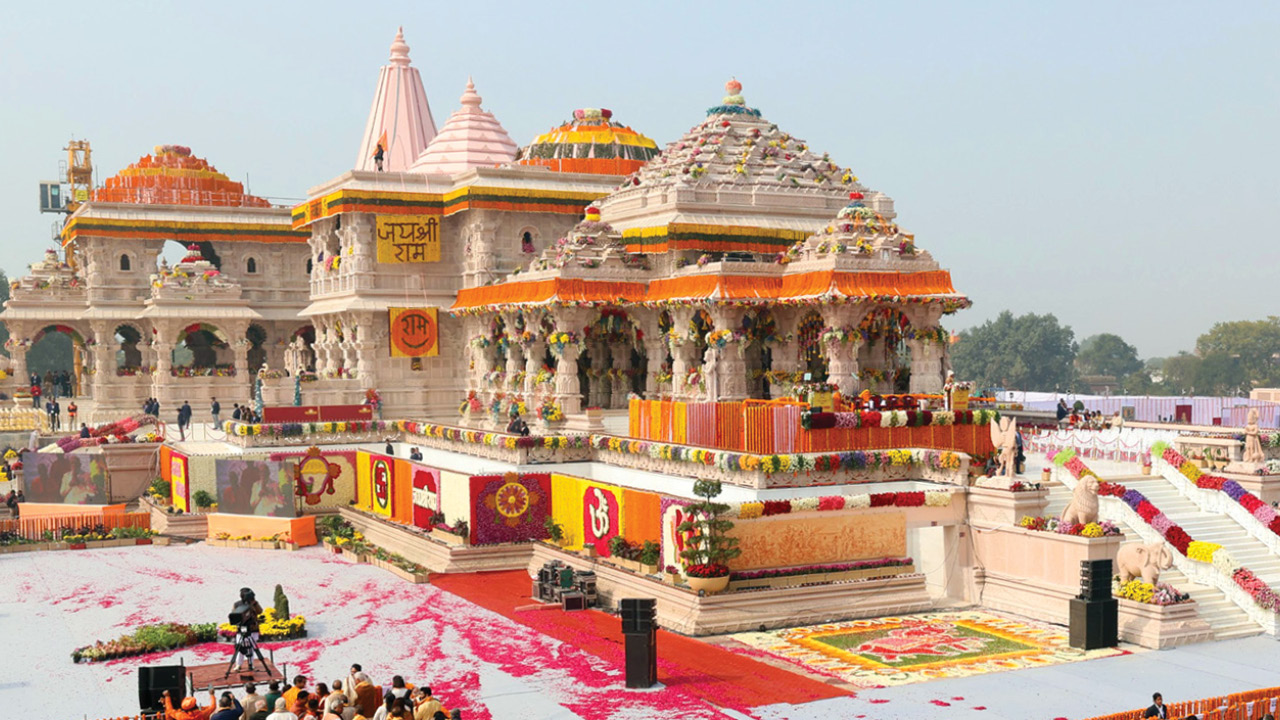
PMFME Scheme
The Pradhan Mantri Formalisation of Micro Food Processing Enterprises (PMFME) scheme, under the Aatmanirbhar Bharat Abhiyan, has empowered micro food processors in Uttar Pradesh by providing financial aid, infrastructure and market access. Additionally, it was aligned with the One District One Product (ODOP) initiative, which resulted in reduced post-harvest losses and improved credit access along with generating employment. The major challenges to this scheme like credit barriers and regulatory complexities, were overcome through interventions such as mentorship, skill training and common processing hubs leading to increased income and rural economic growth. Moving forward, there are aims of scaling regional clusters, enhancing exports and empowering women entrepreneurs for long-term impact.
Prisoner Reform and Rehabilitation
The Prisoner Reform, Rehabilitation and Reintegration Project was launched on 1 April 2023, in 75 prisons of Uttar Pradesh. It aims to transform the lives of over 1 lakh inmates, including 4,000 women concentrating on education, skill development, inculcation of moral values and cultural reinvention of the incarcerated individuals to ensure their successful reintegration into society upon release.
The main initiatives include smart board-based learning and collaborations with NIOS and IGNOU with results reflecting a 95% pass rate in 10th-grade exams. Also, of the over 7,000 prisoners enrolled in skill development programmes in 2023-24, an additional 15,297 inmates were trained in the last 18 months under the ‘One Jail One Product’ initiative. To achieve this, moral and cultural programmes were held for the inmates, including festival celebrations and the ‘Each One Teach One’ initiative also helped in strengthening inmate connections with society.
The struggles in successful execution such as inmate transfers, teacher shortages and documentation gaps have been managed through internal resource allocation and counselling efforts, leading to reduced recidivism, improved behavioural patterns and better economic prospects for inmates. It also provides a better chance for reintegration into mainstream as a product of fostering education and social values as well as improved employment skills, thereby benefitting both, the inmates and the society.
Ayodhya Ramotsav 2024 – A Cultural Revival
The Ayodhya Ramotsav 2024 was held from 14 January through 24 March 2024. It successfully achieved revitalisation of Ayodhya’s cultural heritage by attracting thousands of tourists, along with empowering 10,000 artists. The arrangements included 5 large and 15 small stages spanning over the venue with acts targeted towards cultural preservation, promoting tourism as well as community engagement and building. The main challenges that the initiative faced included logistical fallouts, weather disruptions and crowd management, which were managed through meticulous planning of crowd handling measures, stakeholder coordination and venue selection as well as preparation, allowing for a smooth execution of the event. To expand the events’ reach, strategic promotion through media, coupled with travel partnerships successfully helped attract more than 20,000 visitors, enhancing Ayodhya’s station as a cultural and religious hub.
The event played a significant role in international cultural exchange as well as exposure for local artists, precipitated by performances of Ramlila troupes from Sri Lanka, Thailand and Mauritius, which opened new avenues in traditional and cultural expressions through dances, musicals and theatrical performances. Further, it is also a reference for future events that aim to produce a synergetic amalgamation of culture and tourism.
Figure 1: Sectors with Enhanced Focus - Uttar Pradesh
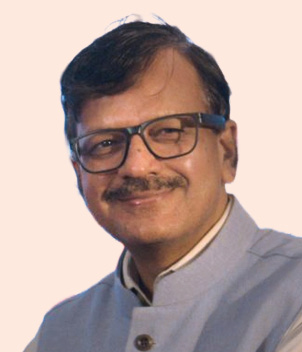
Ganga River Rejuvenation - Namami Gange
The Ganga River Rejuvenation Project in Uttar Pradesh aims to restore the environmental health of Ganga and its tributaries (1,025 km) through pollution control, sewage treatment, biodiversity conservation and community participation. The significant initiatives of this project include sewage treatment plants, industrial waste management, afforestation and eco-friendly riverfront development. Through them, the project addresses severe pollution, declining biodiversity and a requirement for constant water flow.
The size of this project cropped inevitable challenges such as technical expertise gaps, stakeholder coordination and public resistance which were tackled through institutional strengthening, public outreach programmes and advanced wastewater treatment technologies. These steps have yielded significant outcomes including improved water quality (BOD <6 ppm), the return of Gangetic dolphins, enhanced fish stocks as well as increased environmental compliance.
Further, the project also benefits over 200,000 citizens through better sanitation, clean water and economic opportunities in eco-tourism and organic farming with plans to focus on smaller rivers, advanced monitoring technologies and deeper public engagement. A holistic river basin approach like this, which looks for community-driven solutions and long-term investments, although marred with challenges like funding, capacity building as well and implementation, can pave the way for sustainable use of natural resources.
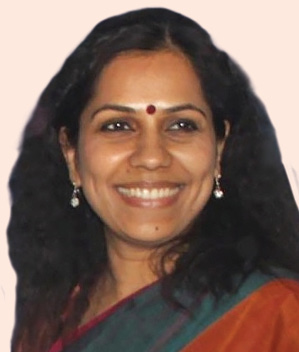
AI-Based Return Scrutiny Notices Project – Transforming Tax Administration in UP
The AI-Based Return Scrutiny Notices Project, unveiled on 27 March 2023, by the State Tax Department of Uttar Pradesh in collaboration with IIIT Lucknow, is an innovative initiative aimed at automating tax return scrutiny under the GST regime. The inspiration taken from Telangana’s AI-driven model and customised according to UP’s needs, this project has enhanced compliance, revenue protection and digital governance ultimately aligning with Digital India vision. The main features include integrating AI-driven analytics to detect anomalies, mismatches and potential tax evasion along with a scalable framework that ensures continuous scrutiny across multiple financial years, thereby enhancing decision-making through data analytics.
In terms of outcomes, the project generated ₹309 crore in revenue from 4.36 lakh automated notices, in its first eight months. The state’s revenue grew by 19.17%, increasing from ₹40,451 crore (2022–23) to ₹48,204 crore (2023–24) (up to 30 November 2023). The challenges faced by this project including data integration, bulk data handling constraints and security were addressed through robust AI frameworks along with creating a scope of expansion into predictive analytics for fraud and other related crimes, in future. It has revolutionised tax administration in Uttar Pradesh and ensured efficient enforcement of taxing regulations as well as sustained growth in state revenue.
Per Drop More Crop - Micro Irrigation
The Per Drop More Crop - Micro Irrigation project, under the Rashtriya Krishi Vikas Yojana, was launched in April of 2024 to enhance water efficiency and boost farmer incomes in Uttar Pradesh. Towards that aim, drip and sprinkler irrigation systems were introduced along with reducing groundwater usage by 33-50% and increasing crop yield by 25-30%. A smooth implementation of the project was ensured through Digital transparency via the UPMIP portal, third-party inspections and insurance coverage. Despite challenges like high initial costs and lack of awareness, the initiative significantly improved agricultural sustainability, benefiting 28,742 farmers.
